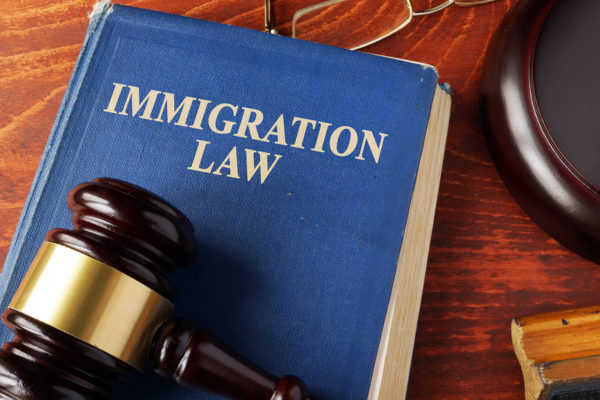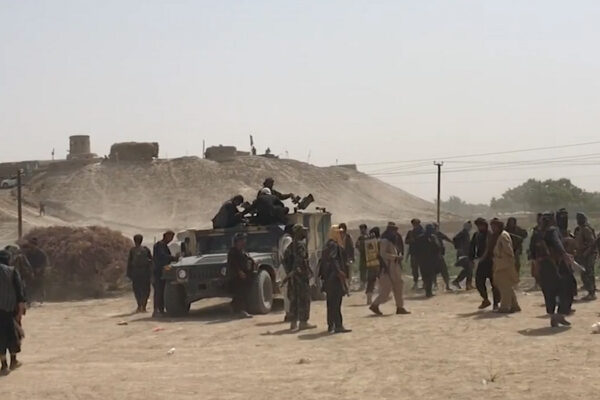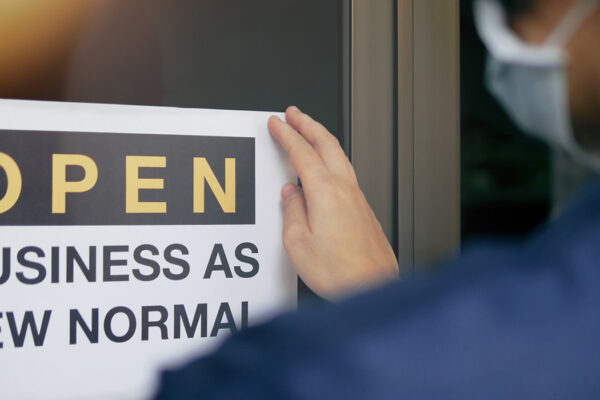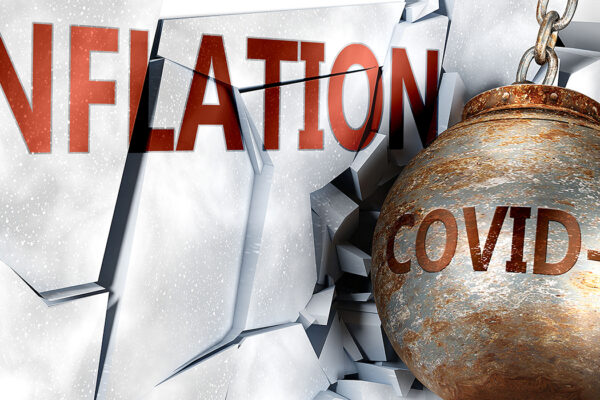WashU Expert: A more inclusive Bond?
“Women of color, Black and Asian women in particular, have rarely been treated with dignity or nuance in the Bond series,” writes film scholar Colin Burnett. Whether that changes, with the Oct. 8 release of “No Time to Die,” the 25th Bond installment from Eon Productions, remains to be seen. But the films’ poor collective record belies how “writers in other official Bond media, especially comics and novels, have been tipping the gender and racial imbalance for some time.”
WashU Expert: Did 9/11 ‘change everything’?
For years after the World Trade Center collapsed, it became common to hear that “9/11 changed everything.” Yet the phrase is ripe for historical analysis, said Krister Knapp, teaching professor and minor adviser in history in Arts & Sciences.
Sept. 11 changed immigration policy
The terrorist attacks of Sept. 11, 2001, left an indelible mark on our nation’s immigration law and policies, says an immigration expert at Washington University in St. Louis.
WashU Expert: There is no end to forever
The swift fall of Afghanistan to the Taliban apparently signals the end of a nearly 20-year conflict. But is it, asks Krister Knapp, a teaching professor of history in Arts & Sciences at Washington University in St. Louis. Or is this simply the beginning of the next chapter of U.S/Afghan entanglements?
WashU Expert: Play it again, Uncle Sam
Rick and Ilsa, “Casablanca’s” ill-fated lovers, will always have Paris. Uncle Sam will always have Kabul. And Saigon. And Baghdad. In the long-running tragedy of American foreign entanglements, Uncle Sam has become less a hapless romantic idealist and more a cynical “love ’em and leave ’em” serial abuser, says veteran filmmaker Richard Chapman.
Afghanistan crisis was a predictable catastrophe
Without international pressure, the power-sharing agreement between Kabul and the Taliban was doomed, according to research by William Nomikos, assistant professor of political science in Arts & Sciences. But the political cost of continued occupation was too great.
Let nature of work dictate return-to-work plans
Hybrid work may be the future for many organizations post-pandemic, but there will be significant challenges to overcome — perhaps even more so than traditional in-person offices and fully remote work environments, say Olin Business School researchers.
Along with child tax credits, invest in child development accounts
Democrats have called for a permanent expansion of the monthly child tax credit. In making the expanded credit permanent, lawmakers can leverage the power of child development accounts to build assets for all children in the United States, says an expert on asset building at Washington University in St. Louis.
Despite challenges, starting a small business during pandemic has advantages
The pandemic spurred an entrepreneurship boom, but do these small businesses have what it takes to survive? Olin Business School’s Glenn MacDonald explains factors to consider in starting and succeeding with a new business.
Crisis or momentary blip? Explaining inflation concern
Although most likely temporary, inflation expectations could become self-fulfilling prophesy, according to John Horn, professor of practice in economics at Olin Business School.
View More Stories









